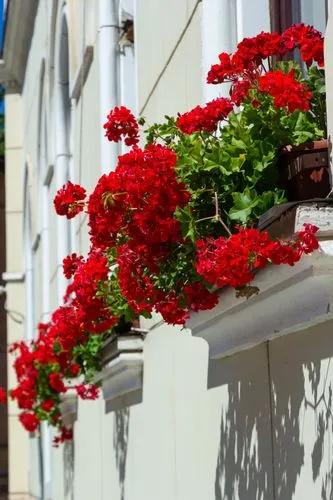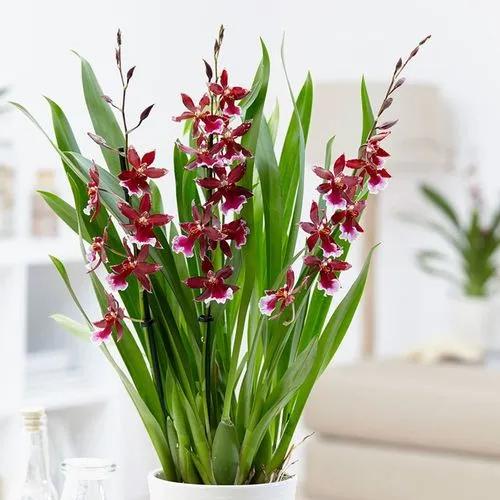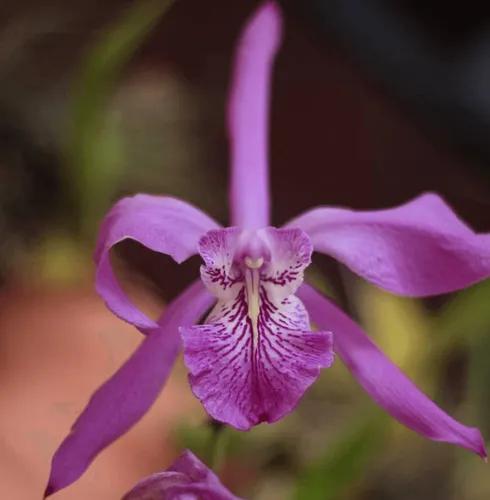Rosa dumalis, the glaucous dog rose, is a species of rose native to Europe and southwest Asia. It is a shrub that grows 1–2 m high. It has long, bent thorns. It bears dark or light pink flowers in June and July
Glaucous dog rose Care
Rosa dumalis



Rosa dumalis is a species of rose native to Europe and southwest Asia. The stems of glaucous dog rose are stout and arching, and covered with rigid, hooked prickles. This species is very much alike dog rose (R. canina), a rare southern species occurring only in the Åland Islands. Dog rose is sometimes grown as an ornamental. Both glaucous dog rose and dog rose are very variable species and, hence difficult to identify. The fruit of many members of this genus is a very rich source of vitamins and minerals, especially in vitamins A, C and E, flavanoids and other bio-active compounds. It is also a fairly good source of essential fatty acids, which is fairly unusual for a fruit. It is being investigated as a food that is capable of reducing the incidence of cancer and also as a means of halting or reversing the growth of cancers.
How to Care for the Plant

Water

Water abundantly but not too frequently, so that the roots will fetch water deeper. Water thoroughly until the soil is wet and a small puddle forms around the tree.

Fertilizer

Rose tree fertilizer in spring will make the blooming even more dense and abundant. Mulch at the foot of the dog rose tree will inhibit weed growth and will keep the ground cool.

Sunlight

You can set up your dog rose tree in the sun or in part shade.

Soil

Plant in soil that is fertile, cool, well drained, humus rich, and not too chalky.

Temperature

The planting is done ideally from September to March, in frost-free conditions, especially with bare roots.

Popularity

27 people already have this plant 9 people have added this plant to their wishlists
Discover more plants with the list below
Popular articles






